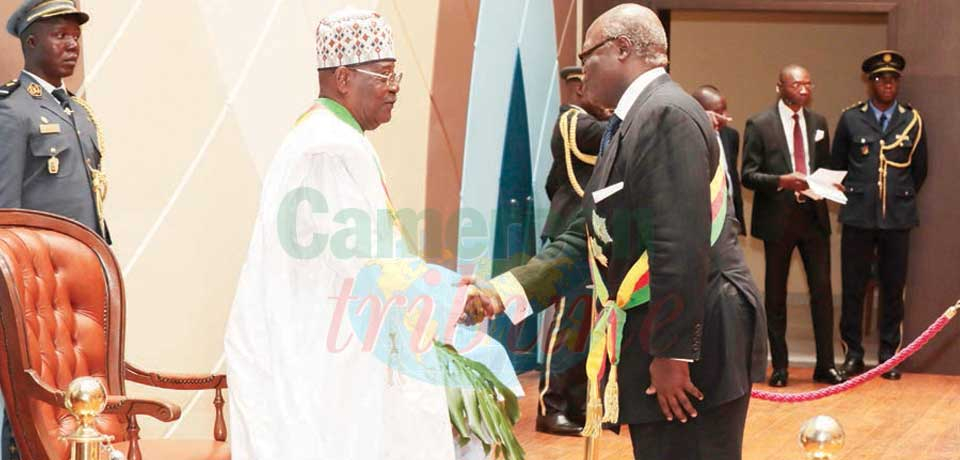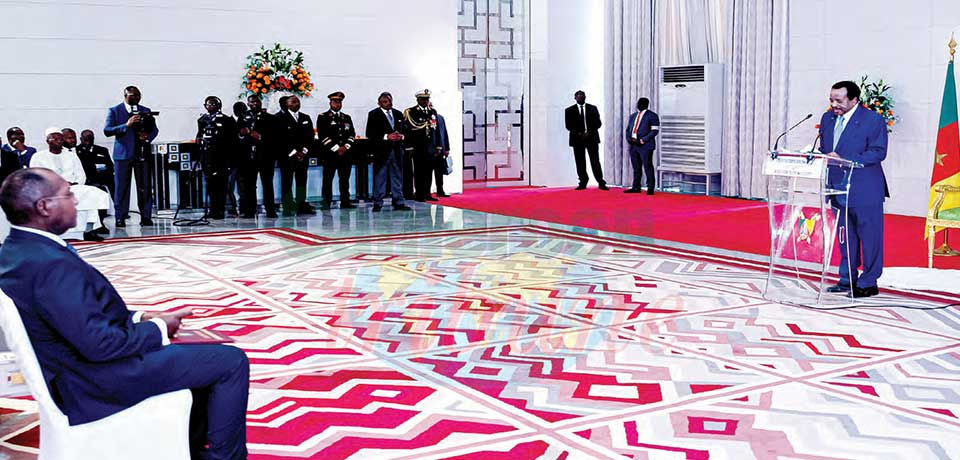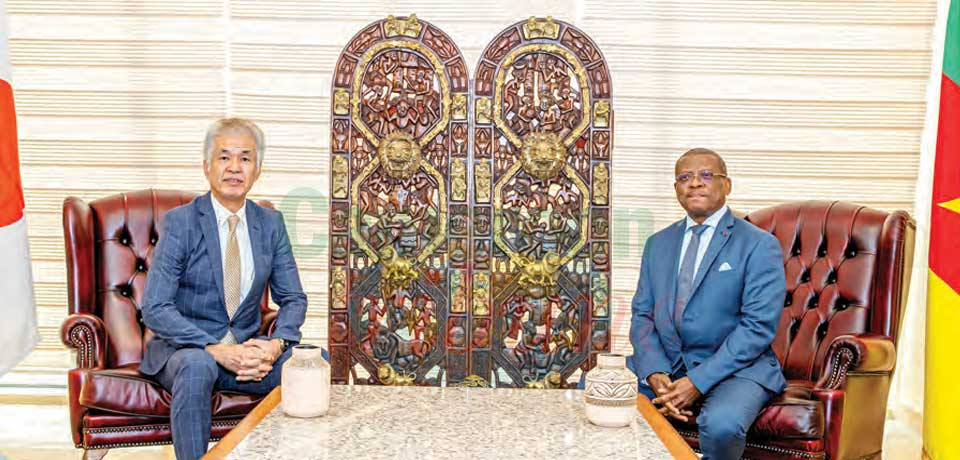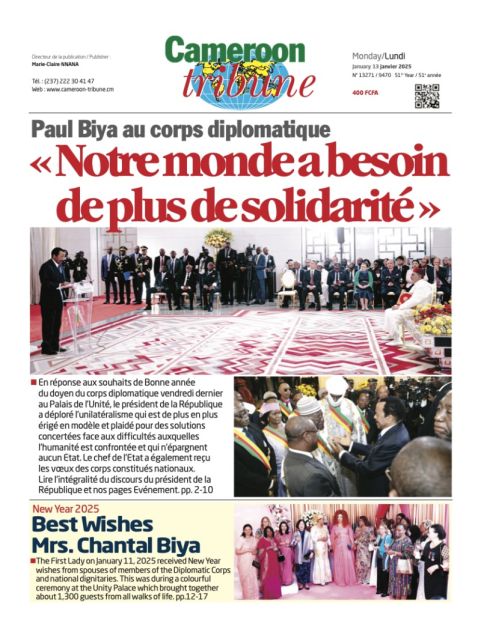Virtues of peace are what all nations worthy of the name go in for. Peace as carelessly defined by some people is simply the absence of war. However, the absence of war does not necessary make for peace. Even though absolute peace is difficult to come by, nations continue to work towards it even if they end up in relative peace. All other things being equal, the word peace can be generously described as a stress-free state of security and calmness that comes when there’s no fighting or war, everything coexisting in perfect harmony and freedom. In our war-torn world, it seems like there’s not nearly enough peace. However peace can be big and small, seen in entire countries or brief moments. Sweden is a good example of a country that has avoided war since 1814, and enjoys the peace that the lack of conflict brings. Many countries continue to work towards that but as the saying goes, in order to avoid war which renders peace impossible, it is necessary to prepare for war. Preparing for war in this sense does not mean soliciting violence which is considered an arm of provocation. It does not equally mean getting involved in acts that can generate violence.
Cameroon has for the past few years been going through very trying moments rocked by a multiplicity of crises; Boko Haram attacks in the Far North, Central African Republic rebel incursions in the East, Train derailment in Eseka, Anglophone crisis in the North West and South West and the controversial death of the Bishop of Bafia among others. All these unfortunate events have seriously disrupted the national peace. As nature would have it, the situation has kept no Cameroonian indifferent. This explains why everyone keeps yearning for peace to come back to the house. Extremists and moderates alike say they want peace, but the difference seems to be in the approach. How the country can come out of this is the issue at stake. Will differences in approach to peace hold the same peace hostage? The answer cannot continue to blow in the wind for a country that has enjoyed relative peace since independance and wants to remain afloat. What then is the way out? Real dialogue appears to be the safety valve.
Those who hold the key to nationhood have an assignment that must be accomplished with the help of the rest of the population. We are talking about dialogue which must not remain a thing for rhetoric but a veritable instrument for achieving peace. Real dialogue entails an exchange of ideas or opinions on a particular issue, especially a political or religious issue, with a view to reaching an amicable agreement or settlement...
Cet article complet est réservé aux abonnés
Déjà abonné ? Identifiez-vous >
Accédez en illimité à Cameroon Tribune Digital à partir de 26250 FCFA
Je M'abonne1 minute suffit pour vous abonner à Cameroon Tribune Digital !
- Votre numéro spécial cameroon-tribune en version numérique
- Des encarts
- Des appels d'offres exclusives
- D'avant-première (accès 24h avant la publication)
- Des éditions consultables sur tous supports (smartphone, tablettes, PC)














Commentaires